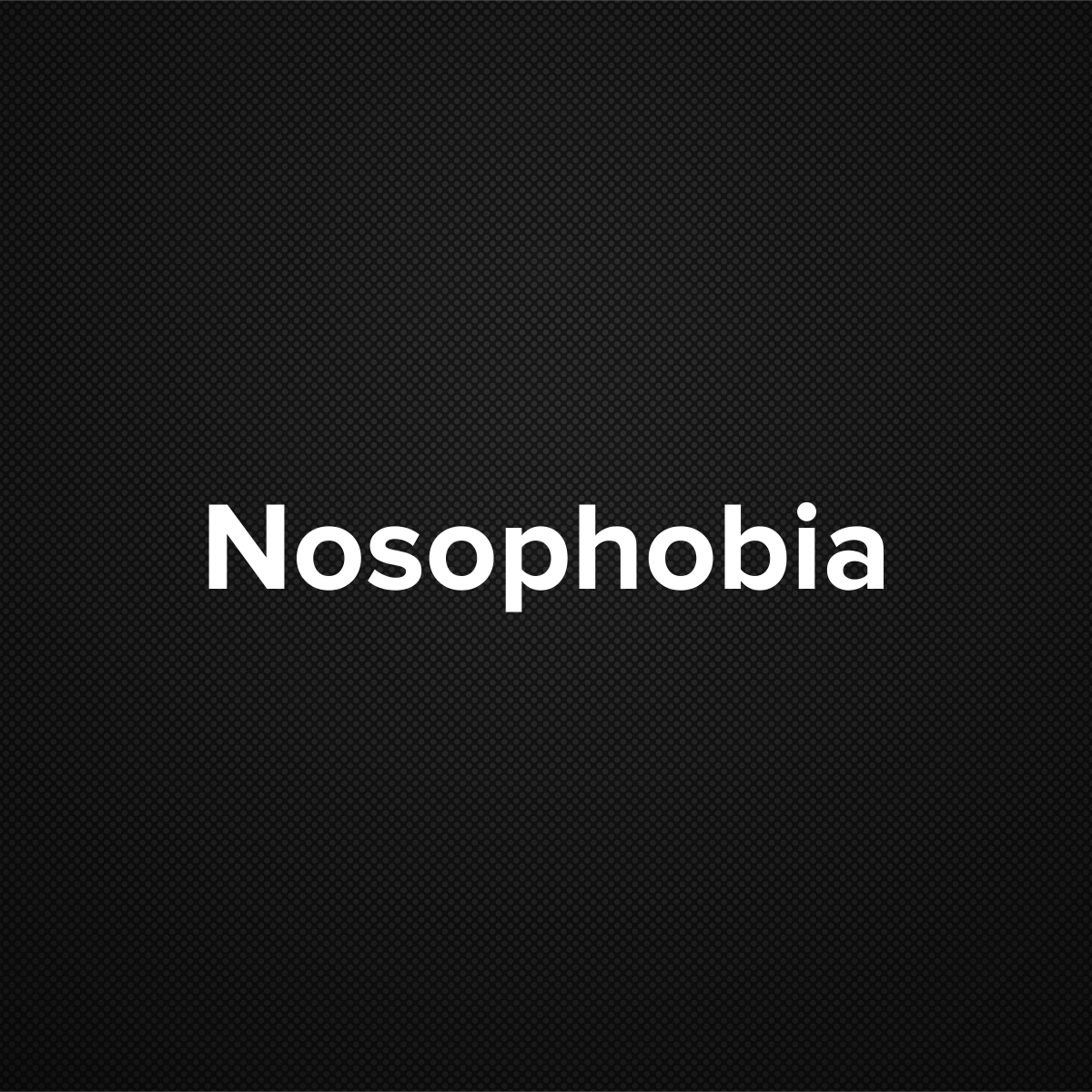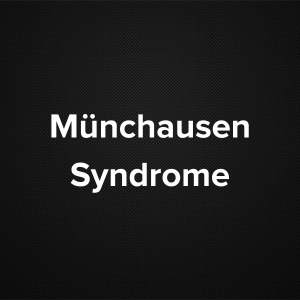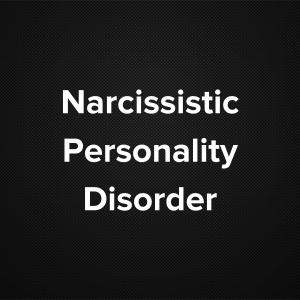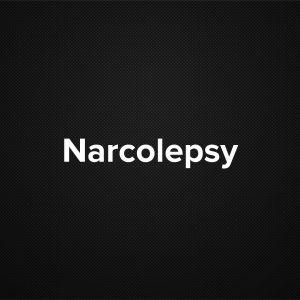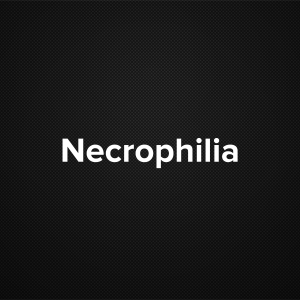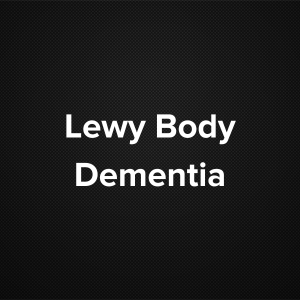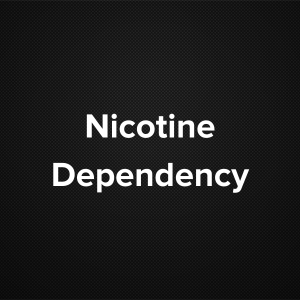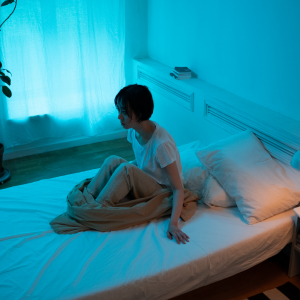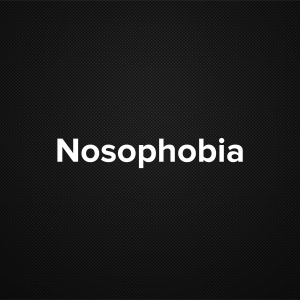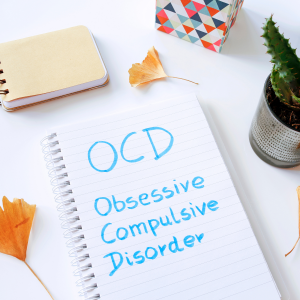Causes and risk factors
The exact cause of nosophobia is not known. Nosophobia is common among students or researchers who spend their maximum time in reading and studying about diseases. People suffering from anxiety disorders, depression, and psychotic disorders have a greater risk to suffer from nosophobia.
Clinical presentation
Patient has an irrational worry of contracting a disease. He has anxiety, feeling of dread, panic, or terror. Dryness of mouth, nausea is experienced. Tachycardia, shortness of breath is observed. Trembling is seen. Extreme avoidance measures are taken such as frequent hand washing, etc. Patient frequently visits doctor’s clinic. Patient undergoes frequent unnecessary tests and investigations relating to the particular disease.
Investigations
Medical history by the patient and clinical evaluation by the psychiatrist or psychologist helps in diagnosis.
Treatment
Treatment involves psychotherapy. It involves behavioral technique, cognitive behavioral techniques, psychoanalytical techniques, relaxation methods – controlled breathing, visualization, etc. Psychological counseling is helpful. Medications such as antidepressants or antipsychotic drugs will also help in managing nosophobia.
Other Modes of treatment
The other modes of treatment can also be effective in treating nosophobia. Homoeopathy is a science which deals with individualization and considers a person in a holistic way. This science can be helpful in combating the symptoms. Bach flower therapy can be effective in treating such phobias.
Complications
Excessive nosophobia can affect the person’s mental well-being and interfere with other aspects of his life.
When to Contact a Doctor
One must consult a doctor if the person is having excessive anxiety about a particular disease and develops signs and symptoms because of the excess fear.
Systems involved
CNS
Organs involved
Brain
